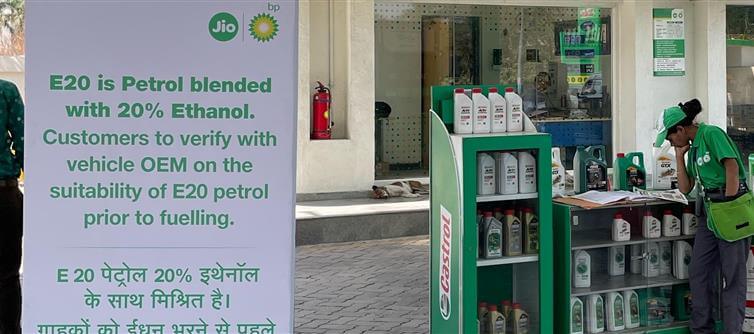
Over time, this corrosion may cause leaks and harm to the fuel system, which could result in engine problems. Furthermore, because ethanol has a lower energy density than gasoline, cars that aren't tuned for E20 may have lower power output and fuel economy, which could impact performance and mileage.
The effect on older cars and those that aren't built to handle higher ethanol blends is a major additional worry. Many vehicles have gasoline systems that are ill-equipped to manage the increased ethanol concentration, particularly those built before to the widespread use of ethanol blends. For example, older vehicles' carburetors, fuel pumps, and fuel lines might not be able to withstand the corrosive effects of ethanol, which could cause premature wear and tear.
Refitting older vehicles to handle E20 might be expensive and unfeasible, but the indian government's demand for E20 compatibility has forced changes in new vehicle designs. For car owners who might not understand the hazards or cannot afford improvements, this incompatibility presents a problem that could result in higher maintenance expenses and vehicle breakdowns.
Additionally, a wider infrastructure change is needed to make the switch to E20 gasoline, such as making E20-compatible fuel available at gas stations and raising public knowledge of its effects. E20 has been rolled out gradually as of august 4, 2025, with compatibility testing and pilot projects still in progress. However, not all cars can utilize E20 safely without running the risk of damage due to the absence of consistent standards and the differing levels of readiness across automakers and gasoline providers.
This circumstance emphasizes the necessity of a well-rounded strategy that takes into account both the advantages ethanol blends provide for the environment and the real-world difficulties they present for the current vehicle infrastructure. E20 gasoline is still inappropriate for a substantial percentage of India's present automobile fleet unless a more thorough adaptation is made.




 click and follow Indiaherald WhatsApp channel
click and follow Indiaherald WhatsApp channel